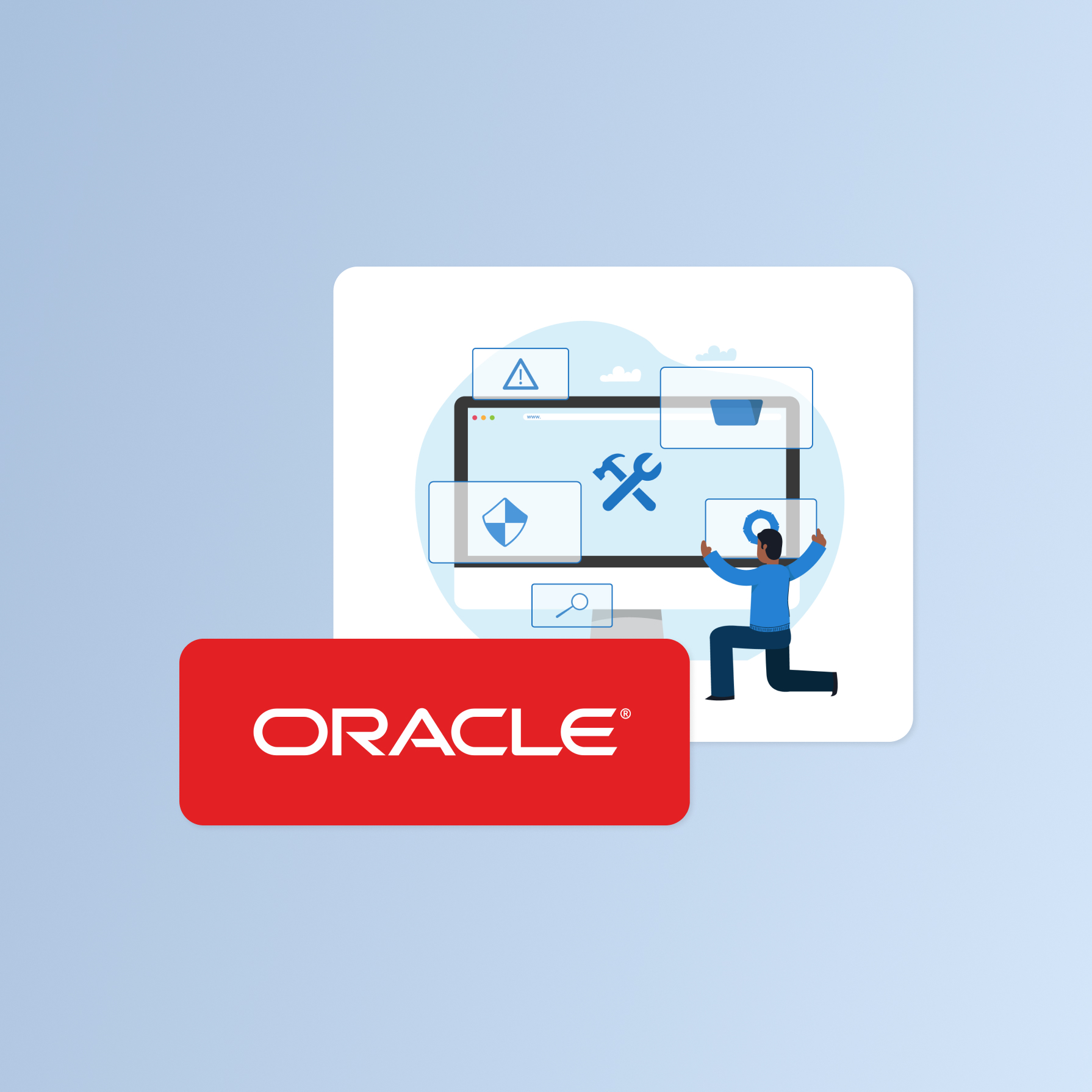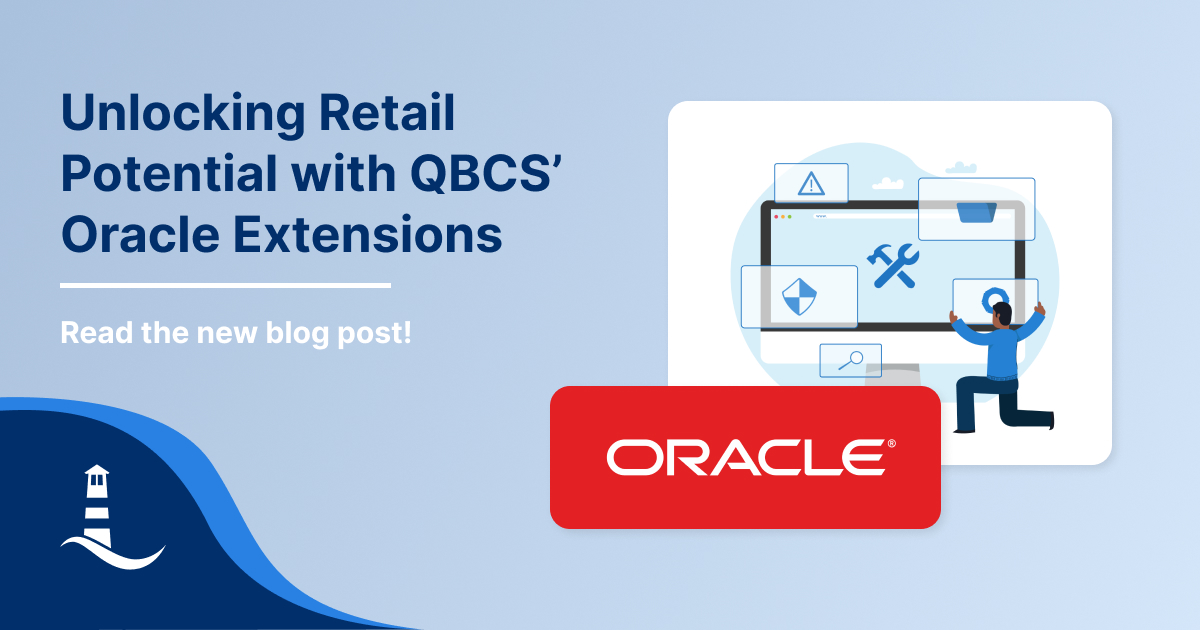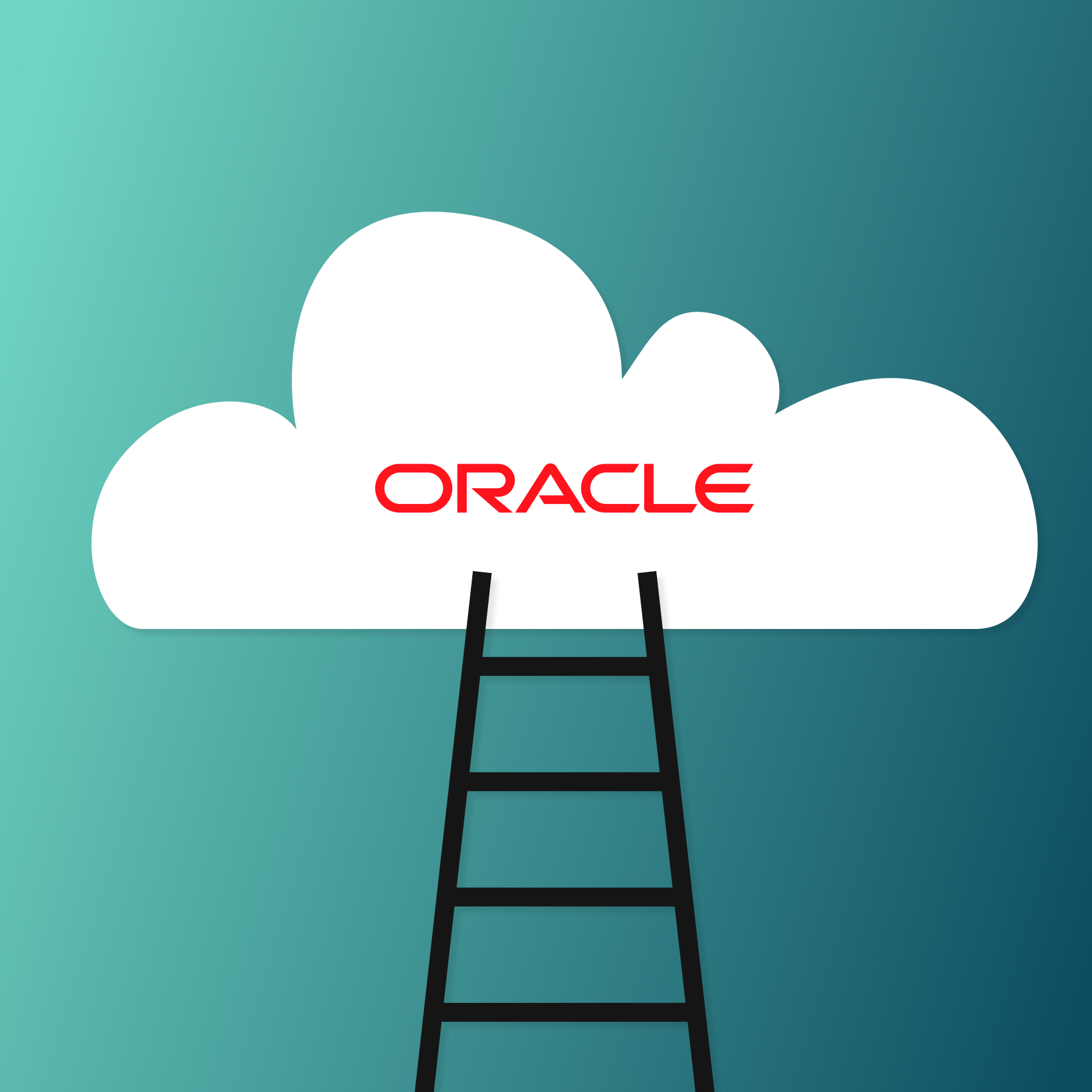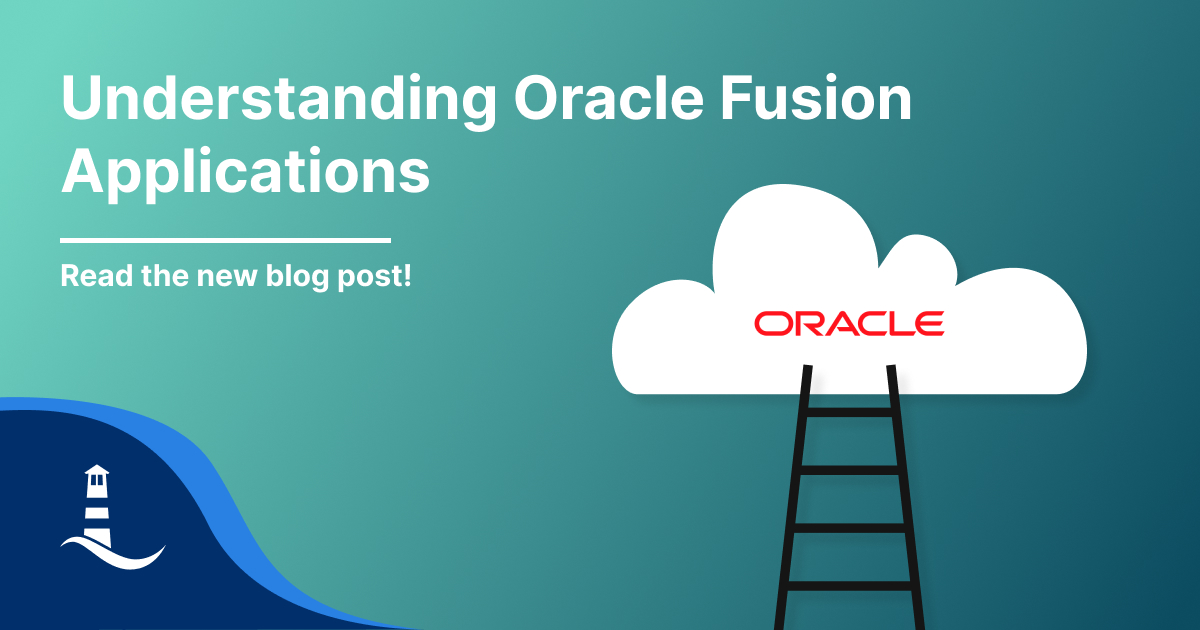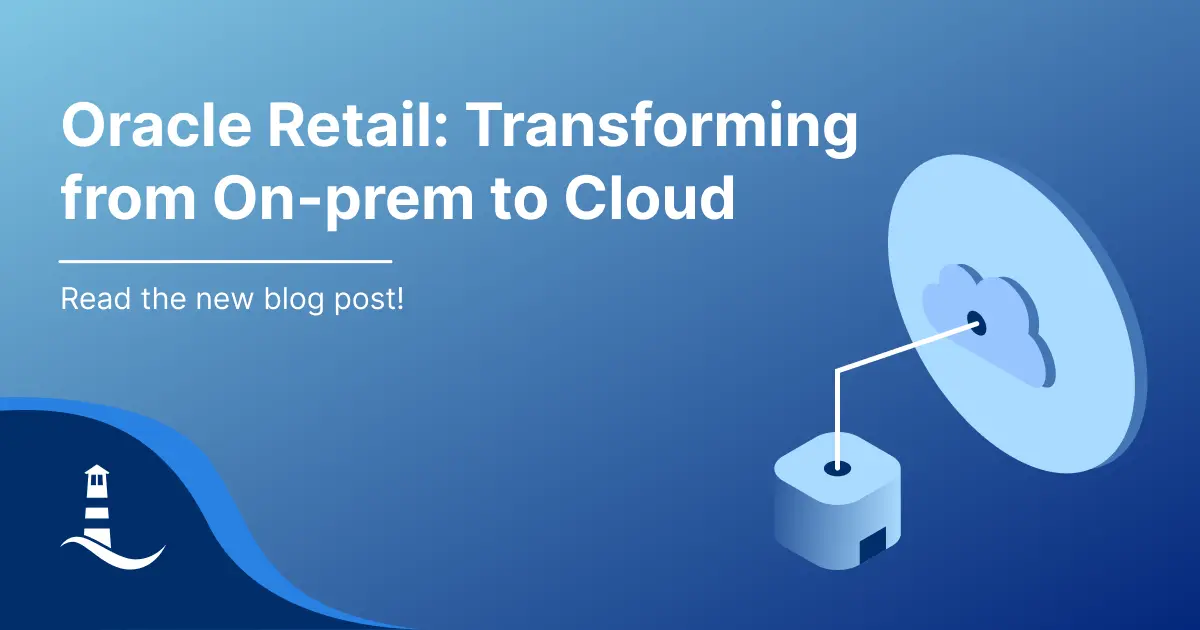In today’s rapidly evolving retail landscape, efficiently managing vast amounts of information in a usable and consumable format is a key challenge. With the rise of social media, omnichannel shopping, and the expansion into new markets, retailers need to make connections between items, locations, and suppliers, track purchase orders, understand customer ordering, and aggregate transaction information. Oracle Retail Merchandising Cloud Services offer a suite of software-as-a-service solutions designed to address these challenges, providing breakthrough capabilities and enabling retailers to make critical decisions quickly. This article explores the features of Oracle Retail Merchandising Cloud Services and highlights the benefits of transitioning from on-prem solutions to the cloud.
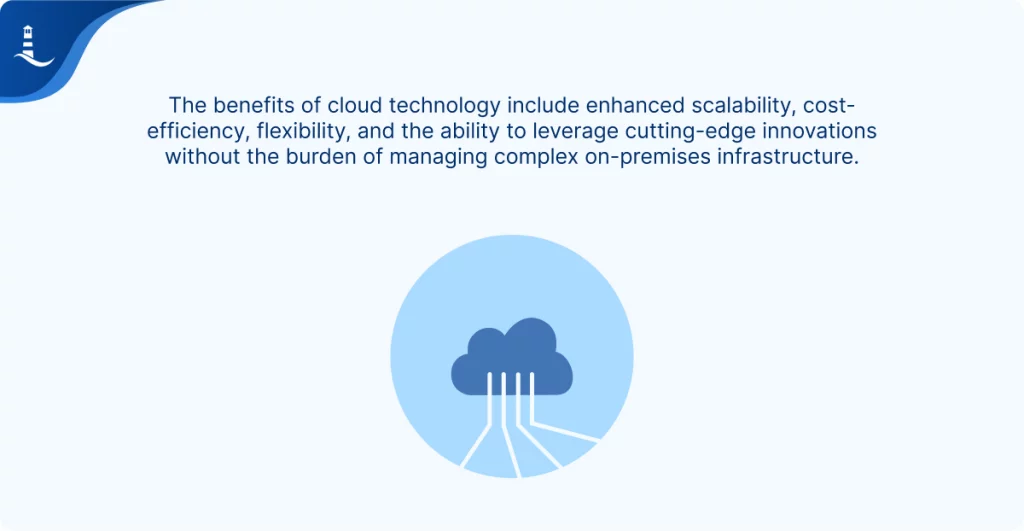
Oracle Retail Merchandising Cloud Services:
Oracle Retail Merchandising Cloud Services comprise a suite of software-as-a-service solutions that leverage retail science, machine learning, and data analytics to accelerate decision-making and enhance operational efficiency. These cloud services provide retailers with role-based dashboards, offering relevant buying, inventory, pricing, and financial information to users. By adopting Oracle’s modern exception-based retailing methodology, merchandising professionals can identify situations that require attention, significantly reducing nonproductive tasks and enabling them to focus on strategic business goals.
Key Features of the Merchandising Suite:
The complete suite of Oracle Retail Merchandising Cloud Services includes several modules that address various aspects of retail operations.
Oracle Retail Merchandising Foundation Cloud Service:
This module delivers the foundation of a retailer’s operations, consolidating merchandising, import management, and sales auditing solutions into a single cloud service. It covers a wide range of capabilities, including foundation data management, purchase orders, cost and deals management, inventory management, replenishment, sales audit, and stock ledger reporting.
Oracle Retail Pricing Cloud Service:
This module provides a unified solution for managing regular, clearance, and promotional pricing. Seamlessly integrating with Oracle Retail Xstore Point-of-Service, it enables users to make informed pricing decisions by offering visibility into costs, current prices, margins, upcoming price events, key item information, and inventory data.
Oracle Retail Allocation Cloud Service:
By integrating with Oracle Retail Merchandising Foundation Cloud Service, this module allows retailers to allocate or push products to stores throughout the product lifecycle. From initial purchase to clearance, allocation users have the flexibility to choose the best methods for delivering the right product to the right store in the right assortment.
Oracle Retail Invoice Matching Cloud Service:
Seamlessly integrating with the Foundation Cloud Service, this module streamlines the matching, reconciliation, and payment of supplier invoices for purchases. It provides a configurable and automated way to meet the invoicing requirements of retailers, ensuring accuracy and efficiency in financial processes.
Oracle Retail Integration Cloud Service:
This module offers the necessary integration infrastructure and tools for retailers using Oracle Retail Merchandising Foundation Cloud Service. It includes the Oracle Retail Integration Bus, the Oracle Retail Service Backbone, and the Oracle Retail Bulk Data Integration, allowing seamless integration with third-party systems.
Delivering Reliable, Exception-Based Retailing:
Oracle Retail Merchandising Cloud Services are designed to enable exception-based retailing, focusing on user behavior and providing real-time information through persona-based dashboards. These dashboards highlight actionable or frequently monitored activities, allowing users to view, filter, and take prompt action. By eliminating complexity, retailers can increase efficiency, reduce costs, and save time. Contextual business intelligence further enhances decision-making by providing additional information without the need for extensive searching.
Oracle Cloud: Reliability and Scalability:
By adopting Oracle Cloud solutions, retailers gain access to reliable and scalable infrastructure. Oracle handles the installation, monitoring, patching, and upgrading of cloud services, freeing retailers to concentrate on innovation and core business processes. With Oracle Cloud, retailers can leverage cutting-edge technology without the burden of maintaining complex on-premises infrastructure.
Transforming from On-prem to Cloud
While changing systems might seem like a really complicated process, following the steps outlined below and working closely with a team to help you implement these changes, you can smoothly transition from an on-premises solution to Oracle Retail Cloud, unlocking the full potential of cloud-based retail operations. These are the specific steps you need to consider:
Assessing Current Infrastructure and Needs:
The first step is to evaluate your existing on-premises infrastructure and identify the specific needs and requirements of your retail business. This assessment includes understanding the hardware, software, and network architecture currently in place, as well as identifying any pain points or limitations.
Defining Cloud Strategy:
Once you have a clear understanding of your infrastructure and requirements, you can define your cloud strategy. This involves determining which aspects of your retail operations you want to move to the cloud, such as merchandising, pricing, inventory management, or other specific modules offered by Oracle Retail. It’s essential to align your cloud strategy with your overall business objectives and consider factors such as scalability, security, cost-effectiveness, and agility.
Choosing the Right Cloud Deployment Model:
Oracle offers various cloud deployment models to choose from, including public cloud, private cloud, hybrid cloud, and on-premises cloud. Each model has its advantages and considerations. Public cloud provides scalability, cost-efficiency, and ease of management, while private cloud offers greater control and customization. Hybrid cloud allows for a combination of on-premises and cloud solutions, providing flexibility. Assess your requirements and choose the deployment model that best suits your needs.
Planning the Migration:
Migrating from an on-premises system to the cloud requires careful planning. Start by creating a migration roadmap that outlines the steps, timelines, and resources needed for a successful transition. Identify the critical data and applications that will be migrated and consider any dependencies or integration points with other systems.
Data Migration and Integration:
One of the most crucial aspects of the migration process is transferring your data from the on-premises environment to the cloud. Develop a data migration strategy that ensures data integrity, accuracy, and security throughout the transition. Oracle provides tools and services to facilitate data migration, ensuring a smooth transfer of critical information.
Application Configuration and Customization:
During the migration process, you may need to configure and customize your Oracle Retail applications to align with your specific business processes. This includes setting up user roles, permissions, workflows, and integrating with other systems if necessary. Oracle provides tools and documentation to guide you through the application configuration process.
Testing and Validation:
Thoroughly test the migrated applications, data, and integrations to ensure that everything is functioning as expected. This includes functional testing, performance testing, and security testing. Validate the accuracy of data migration and verify that all business processes are running smoothly in the cloud environment.
Training and User Adoption:
As you transition to the cloud, provide training and support to your users to ensure a smooth adoption of the new system. Familiarize them with the updated workflows, features, and capabilities offered by Oracle Retail Cloud. Encourage user feedback and address any concerns or challenges to facilitate a successful transition.
Go-Live and Post-Migration Support:
After completing testing and training, it’s time to go live with your Oracle Retail Cloud solution. Monitor the system closely during the initial phase and provide ongoing support to users. Establish a post-migration support plan to address any issues or questions that may arise and ensure a seamless transition.
Continuous Optimization and Upgrades:
Once you have successfully migrated to Oracle Retail Cloud, leverage the benefits of cloud-based solutions such as automatic upgrades and scalability. Stay informed about new features and enhancements offered by Oracle and continuously optimize your cloud environment to align with changing business requirements.
Need help with transitioning to Cloud? Get in touch with our team of experts to help you with the process!



